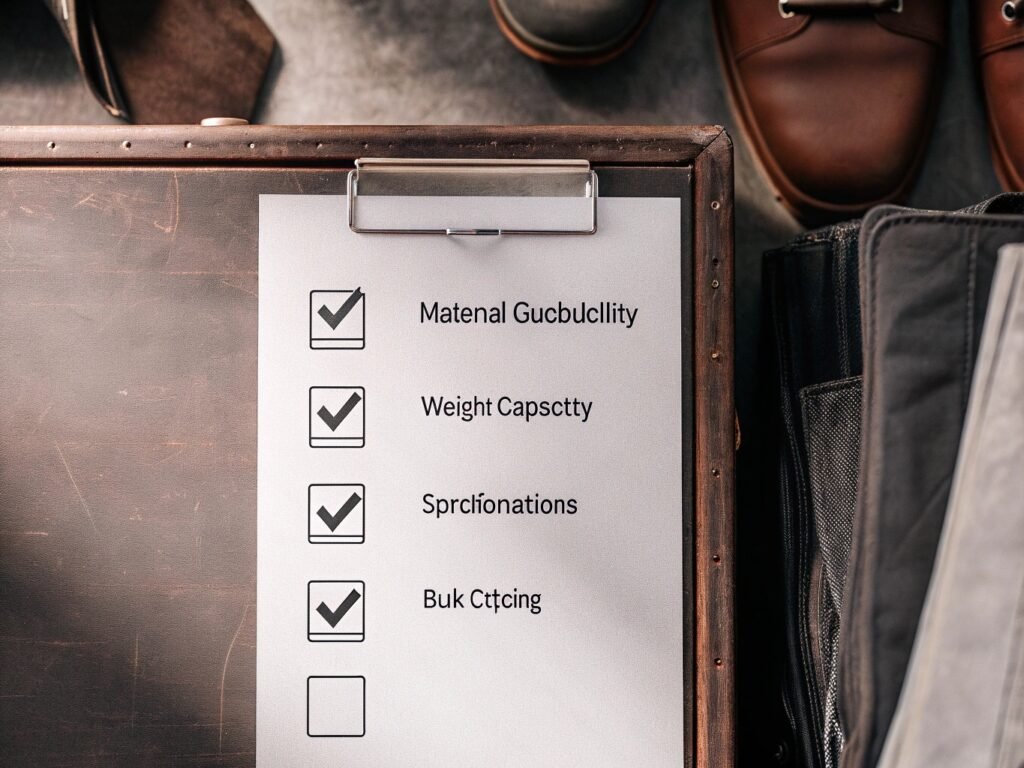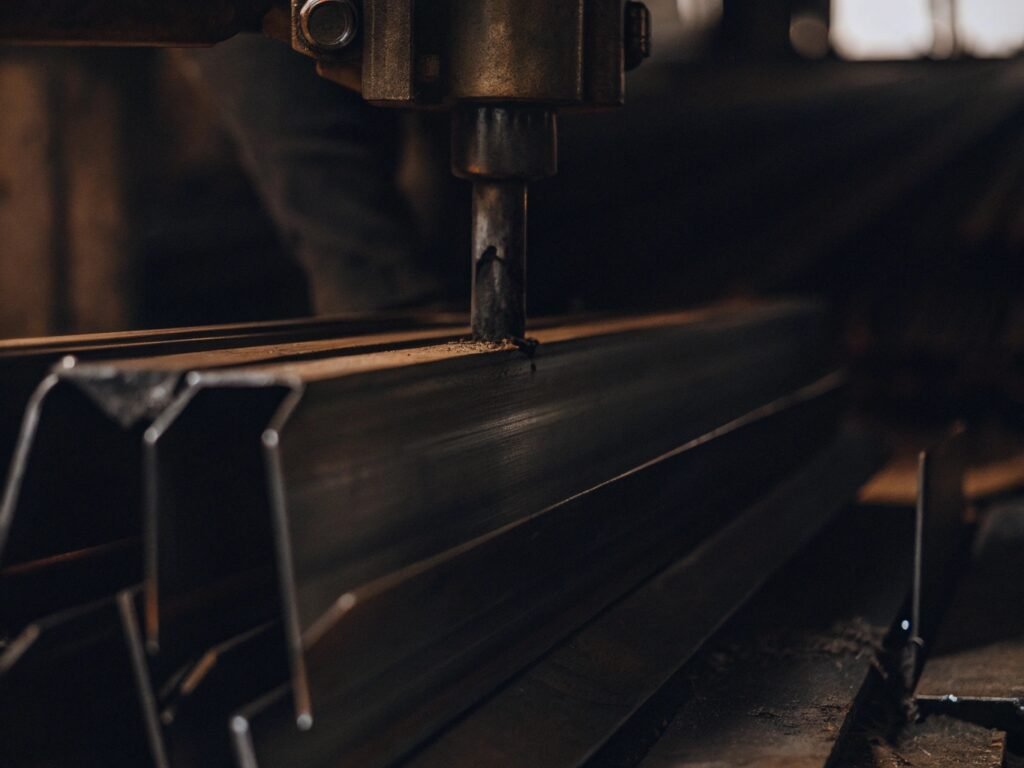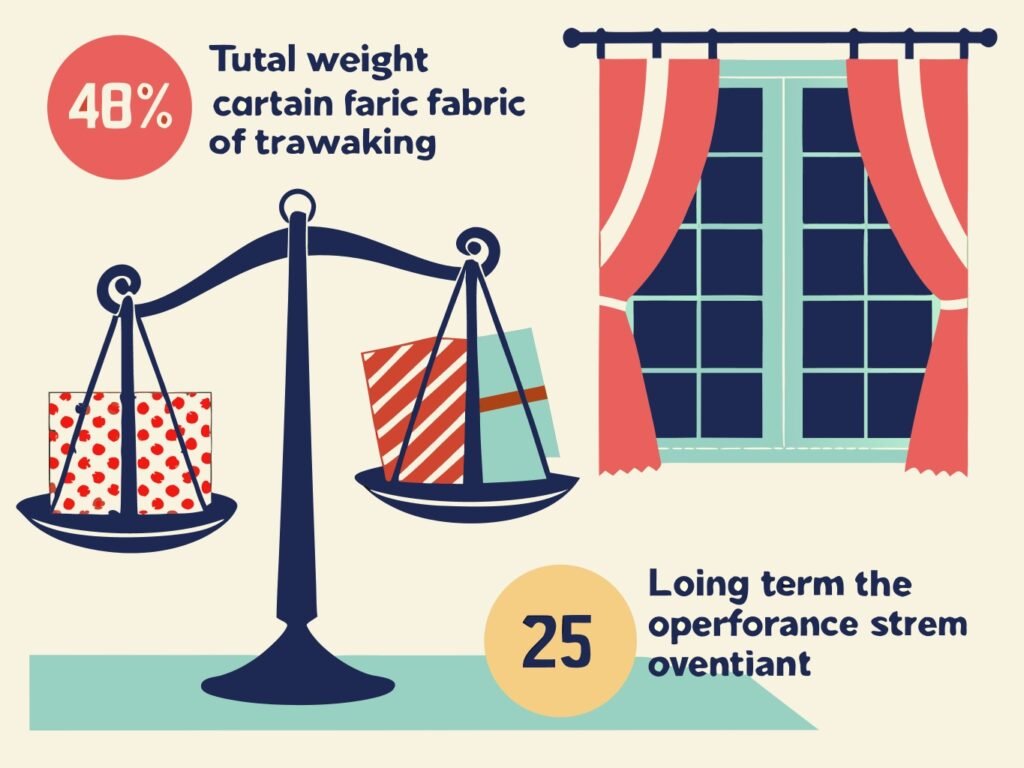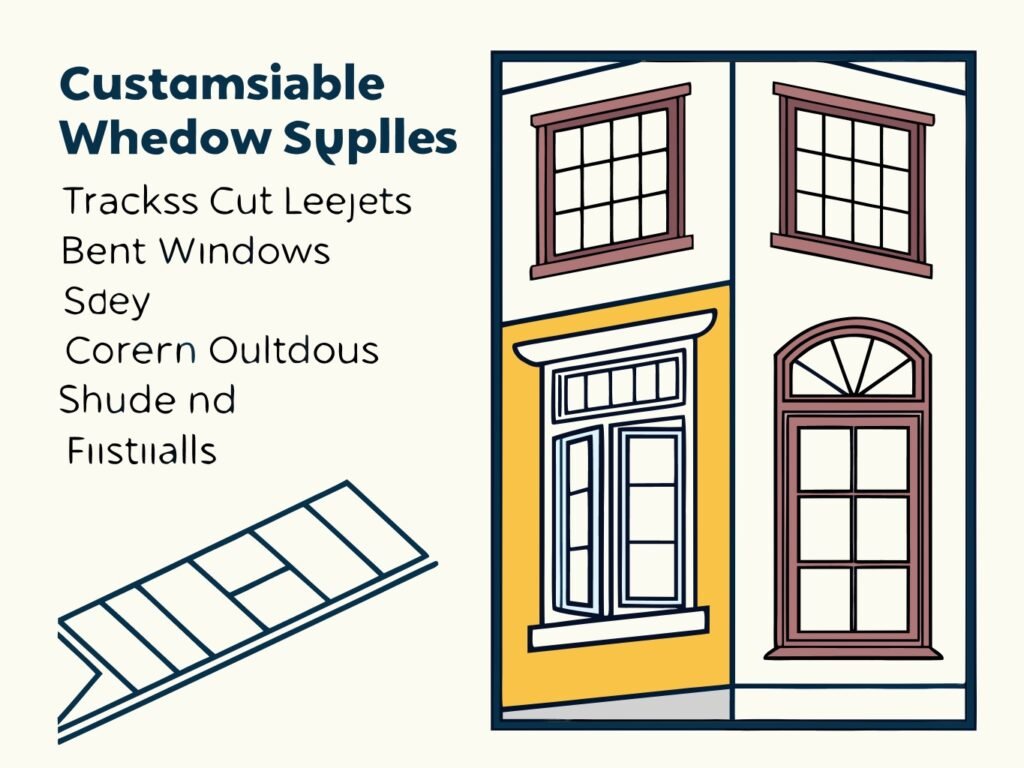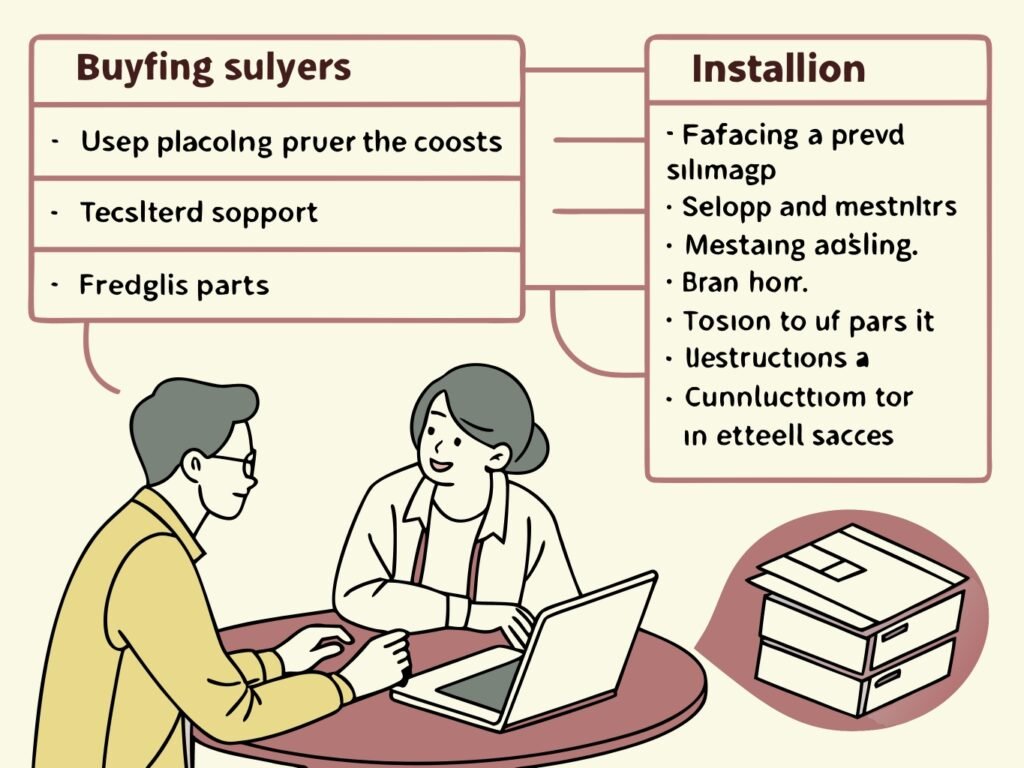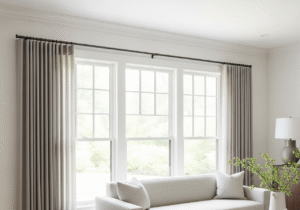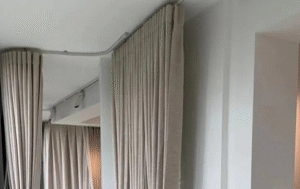Ordering bulk curtain tracks feels risky. A small oversight in the specifications can lead to costly returns, project delays, and unhappy clients. Let’s make sure that doesn’t happen.
Before placing a bulk order, you must ask about material durability (aluminum vs. steel), weight capacity specifications, customization options for unique projects, and the supplier’s shipping logistics and after-sales support. These questions ensure you get the right product and prevent costly future issues.
I’ve learned from my years on the factory floor that the initial price tag is only one part of the story. A truly cost-effective order is one that performs perfectly from installation to years down the road. I’ve walked numerous purchasing managers, like my long-term partner Matt in the US, through this exact process. He knows that asking the right questions upfront saves a lot of headaches later. Let’s go through the essential questions you need to ask to protect your investment and your reputation.
What are the best materials to use for durable curtain tracks in bulk orders?
Choosing the wrong track material leads to sagging, rust, and unhappy customers. This can damage your brand’s reputation and lead to costly replacements. Let’s match the right material to your needs.
Aluminum is the best all-around choice for most bulk orders, offering excellent durability, corrosion resistance, and design flexibility. Steel is a niche solution reserved for projects requiring extreme strength for exceptionally heavy or wide-span curtains where rigidity is the top priority.
I’ve worked with both aluminum and steel since day one. My hands-on experience taught me that each has a specific role. For about 90% of the projects my partners handle, from residential homes to large hotels, aluminum is the winner. It’s not just about being lightweight; it’s about long-term reliability. Aluminum naturally resists rust, which is a huge advantage. You can install it in a humid bathroom or a coastal property without worrying about corrosion staining the curtains or weakening the track over time.
Here’s how I advise my partners to think about it:
The Aluminum Advantage
Modern aluminum alloys are incredibly strong and can be extruded into complex profiles that maximize strength without adding bulk. This makes them perfect for everyday heavy drapes, not just sheers. Its flexibility also means we can easily create custom curves for bay windows, a feature that’s increasingly popular.
When to Specify Steel
Steel has one clear advantage: immense strength. I only recommend steel tracks for very specific, heavy-duty applications. Think massive theater stage curtains or enormous glass walls in a commercial lobby that need drapes weighing hundreds of pounds. In these cases, the rigidity of steel is necessary to prevent any sagging over a wide span. However, you must ensure it has a robust protective coating to prevent rust.
How do you choose the right size and weight capacity for curtain tracks?
Miscalculating weight capacity is a common mistake. An underspecified track will bend under the load, ruining the installation and leading to customer complaints and costly replacements for your company.
First, determine the total weight of the curtain fabric, lining, and hardware. Then, select a track with a weight capacity rating that exceeds that total weight by at least 25% to ensure long-term performance and account for the stress of daily operation.
I always tell buyers to be conservative here. Never choose a track that can just handle the weight. The forces of pulling the curtain open and closed every day add stress. That’s why building in a safety margin is so important. A track’s strength isn’t just about the material; it’s about the profile design and the quality of the brackets.
Here’s a practical breakdown for your evaluation:
Critical Factors for Load Capacity
- Track Profile: A deeper or more reinforced track profile will naturally hold more weight. Ask your supplier for detailed cross-section diagrams to compare different models.
- Bracket Spacing: The distance between brackets is just as important as the track itself. The closer the brackets, the more weight the system can support. Always follow the manufacturer’s recommended spacing guidelines, especially for long spans or heavy curtains.
- Fabric Weight: Don’t guess. Ask for the weight of the curtain fabric per square meter. Calculate the total area of the curtains to get a precise total weight. A heavy velvet with a blackout lining is vastly different from a lightweight sheer.
Here’s a simple table to guide your thinking:
| Curtain Type | Typical Weight | Recommended Track |
|---|---|---|
| Sheer Curtains | Light (1-5 kg) | Light-duty aluminum |
| Lined Drapes | Medium (5-15 kg) | Standard-duty aluminum |
| Blackout/Velvet | Heavy (15-25 kg) | Heavy-duty aluminum |
| Extra-Wide/Stage | Very Heavy (25+ kg) | Heavy-duty steel |
Are customization options available when ordering curtain tracks wholesale?
Standard sizes don’t fit every window. Forcing a standard track into a custom space looks unprofessional and can lead to installation problems, creating waste and extra labor costs.
Yes, most reliable wholesale suppliers offer extensive customization. Common options include cutting tracks to precise lengths, bending for bay and corner windows, and providing a range of colors and finishes to match specific design requirements. Always confirm these capabilities before ordering.
Customization is at the heart of what we do at Yuson. I learned early on that helping our partners solve unique challenges is what builds trust. A one-size-fits-all approach just doesn’t work in the window treatment industry. When a purchasing manager like Matt has a project with dozens of bay windows, he needs a supplier who can deliver perfectly bent tracks, not just straight lengths that have to be cut and angled on site. This saves his installers massive amounts of time and ensures a professional finish every time.
These are the key customization areas you should inquire about:
Bending and Curving
For bay, bow, or corner windows, ask if the supplier can provide continuously curved tracks. This is far superior to using corner connectors, as it allows the curtains to glide smoothly around the entire bend without getting stuck. Aluminum is the ideal material for this.
Custom Lengths
Ordering pre-cut tracks to the exact lengths you need minimizes waste and saves significant labor costs on site. A good supplier should be able to fulfill an order with dozens or even hundreds of different custom lengths without an issue.
Finishes and Colors
To meet diverse interior design needs, ask about the range of available finishes. Beyond standard white, can you get black, silver, bronze, or even custom RAL colors? Powder coating is a durable option that provides a consistent and long-lasting finish.
What should buyers know about shipping and installation support for curtain tracks?
A great price means nothing if tracks arrive damaged or your team struggles with installation. Unclear shipping terms and a lack of support can cause delays and unexpected costs.
Buyers should clarify shipping terms, including packaging methods to prevent damage, lead times, and freight costs. Also, ask what installation support is offered, such as detailed instructions, videos, or access to technical experts who can answer questions from your installers on-site.
My vision for Yuson was always to be more than just a manufacturer; it was to be a partner. That means our responsibility doesn’t end when the product leaves the factory. Matt has trusted us for years because he knows our tracks will arrive in perfect condition and that his team can call us if they hit a snag. The logistics of bulk orders are complex, and a good supplier plans for them.
Here’s what to confirm with your supplier:
Safe and Secure Shipping
- Packaging: How are the tracks packaged? Long tracks are easily bent. We use reinforced cardboard tubes1 or wooden crates2 for our bulk shipments to ensure they arrive straight and undamaged.
- Lead Times3: Get a clear production and shipping timeline. A reliable supplier4 will communicate proactively about any potential delays.
- Freight Costs5: Understand all shipping costs upfront. For international orders, clarify who is responsible for customs duties and port fees6 (Incoterms like FOB vs. DDP).
Valuable Installation Support
- Clear Instructions: Are detailed, easy-to-understand installation guides included with every order?
- Technical Access: Is there a technical expert you or your installers can contact with questions during a project? This can be a lifesaver.
- Component Compatibility: Confirm that all components—brackets, gliders, end caps—are designed to work together as a system. This prevents compatibility issues during installation.
Conclusion
Asking these key questions about materials, capacity, customization, and support will empower you to make smarter bulk purchasing decisions, ensuring long-term value and partner reliability beyond the initial unit price.
Related:
-
Discover how reinforced cardboard tubes enhance packaging durability and protect items during shipping. ↩
-
Learn about the advantages of using wooden crates for safe and secure transportation of fragile goods. ↩
-
Understanding lead times is crucial for effective supply chain management and planning. ↩
-
Finding a reliable supplier ensures timely delivery and quality, which is vital for business success. ↩
-
Understanding Freight Costs is crucial for budgeting and avoiding unexpected expenses in shipping. ↩
-
Learn about customs duties and port fees to ensure compliance and avoid delays in your international shipments. ↩
